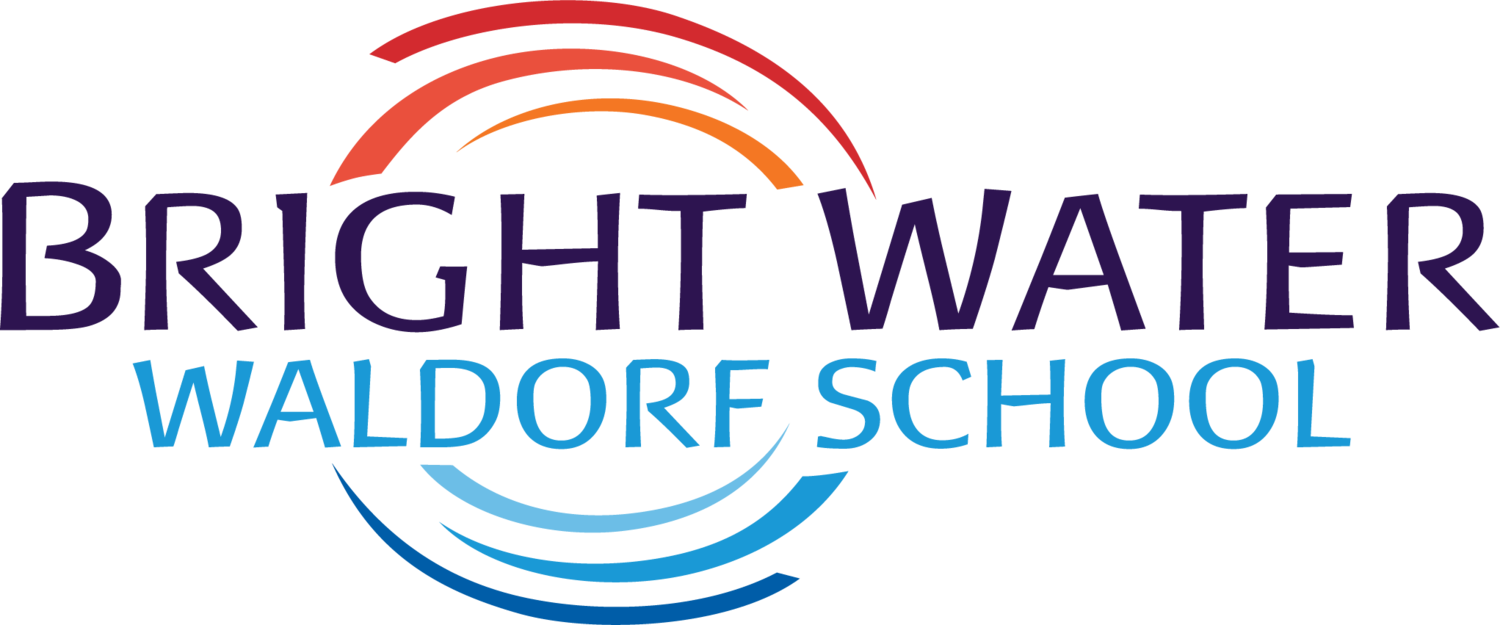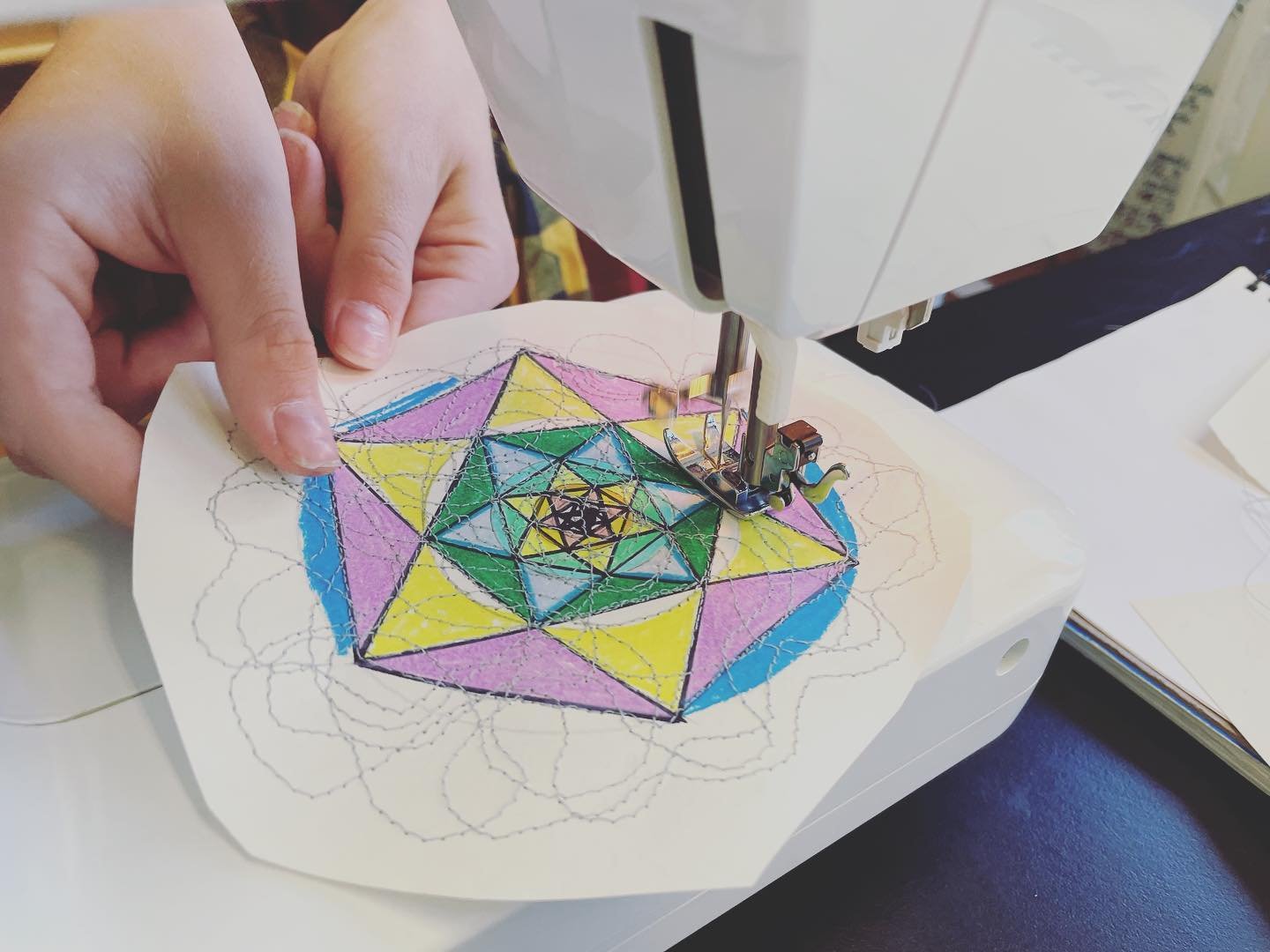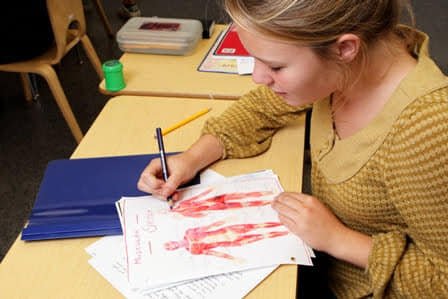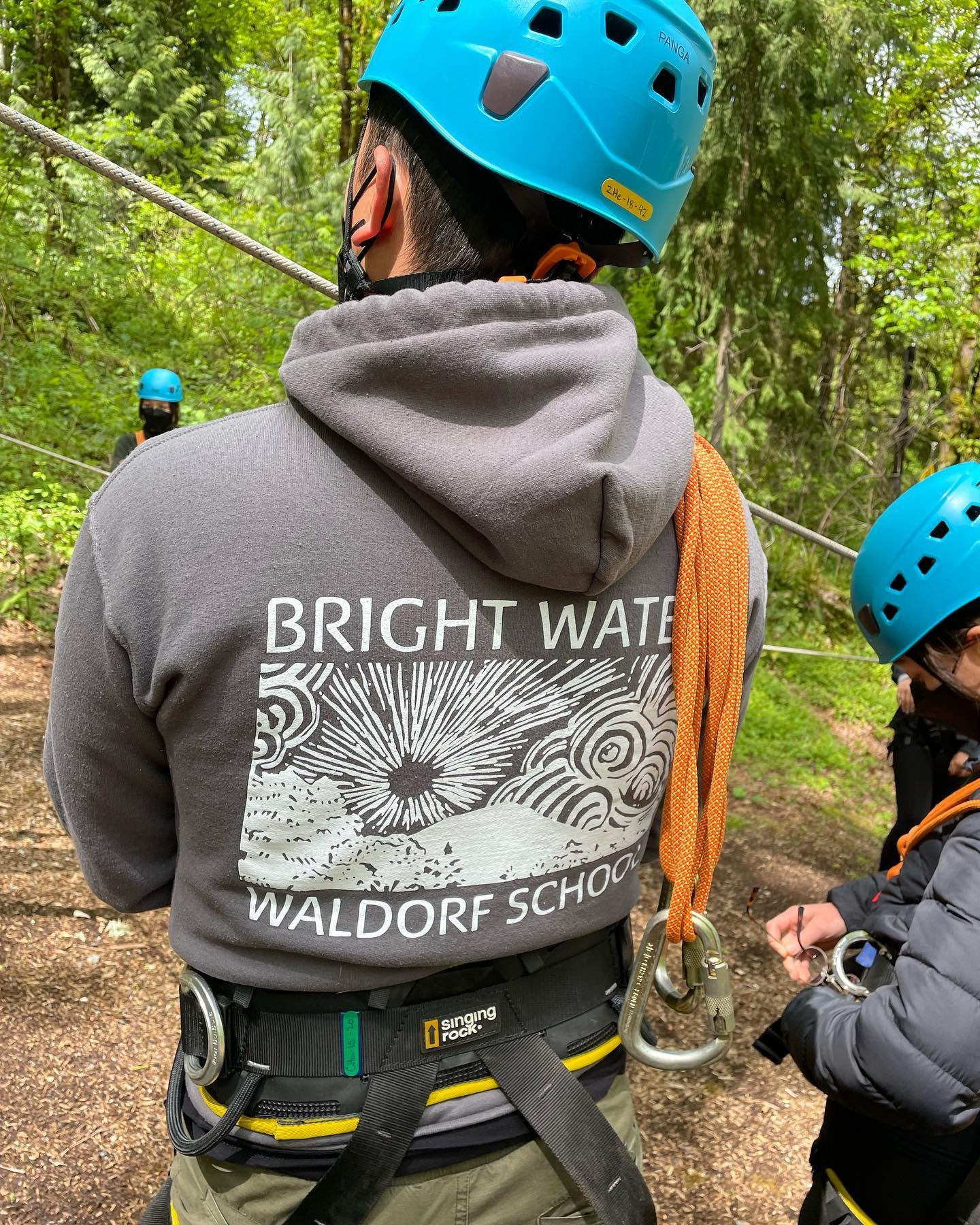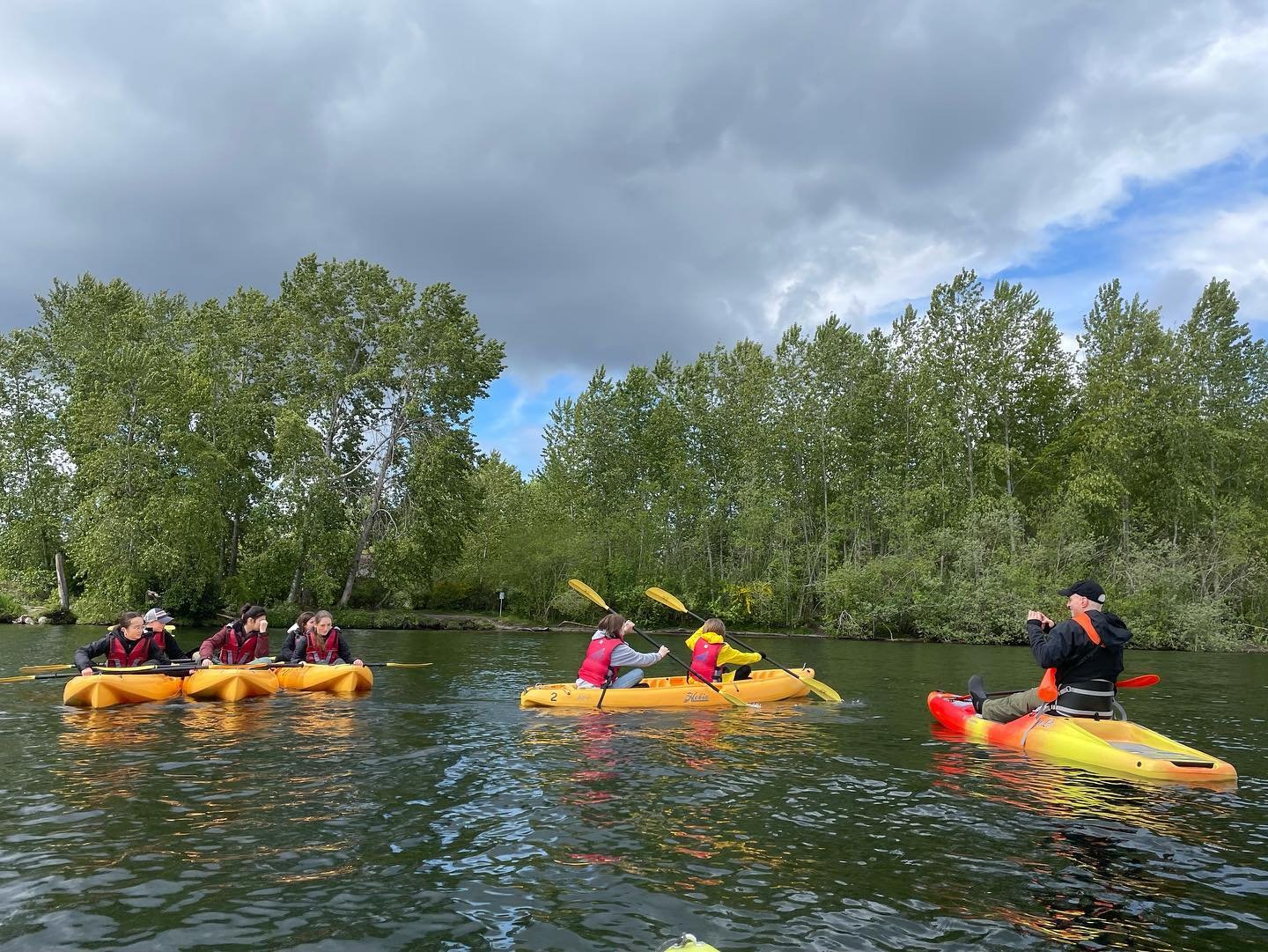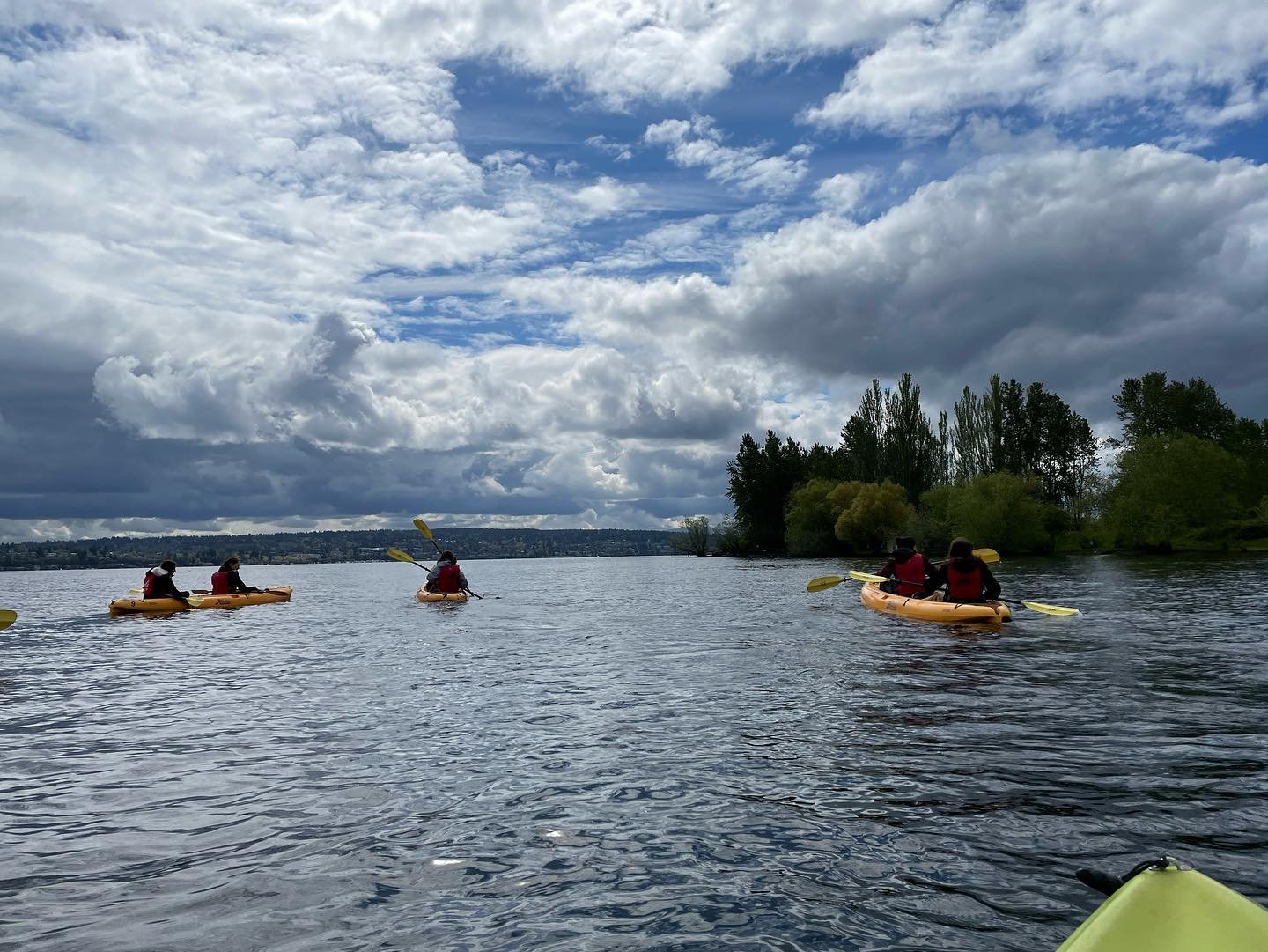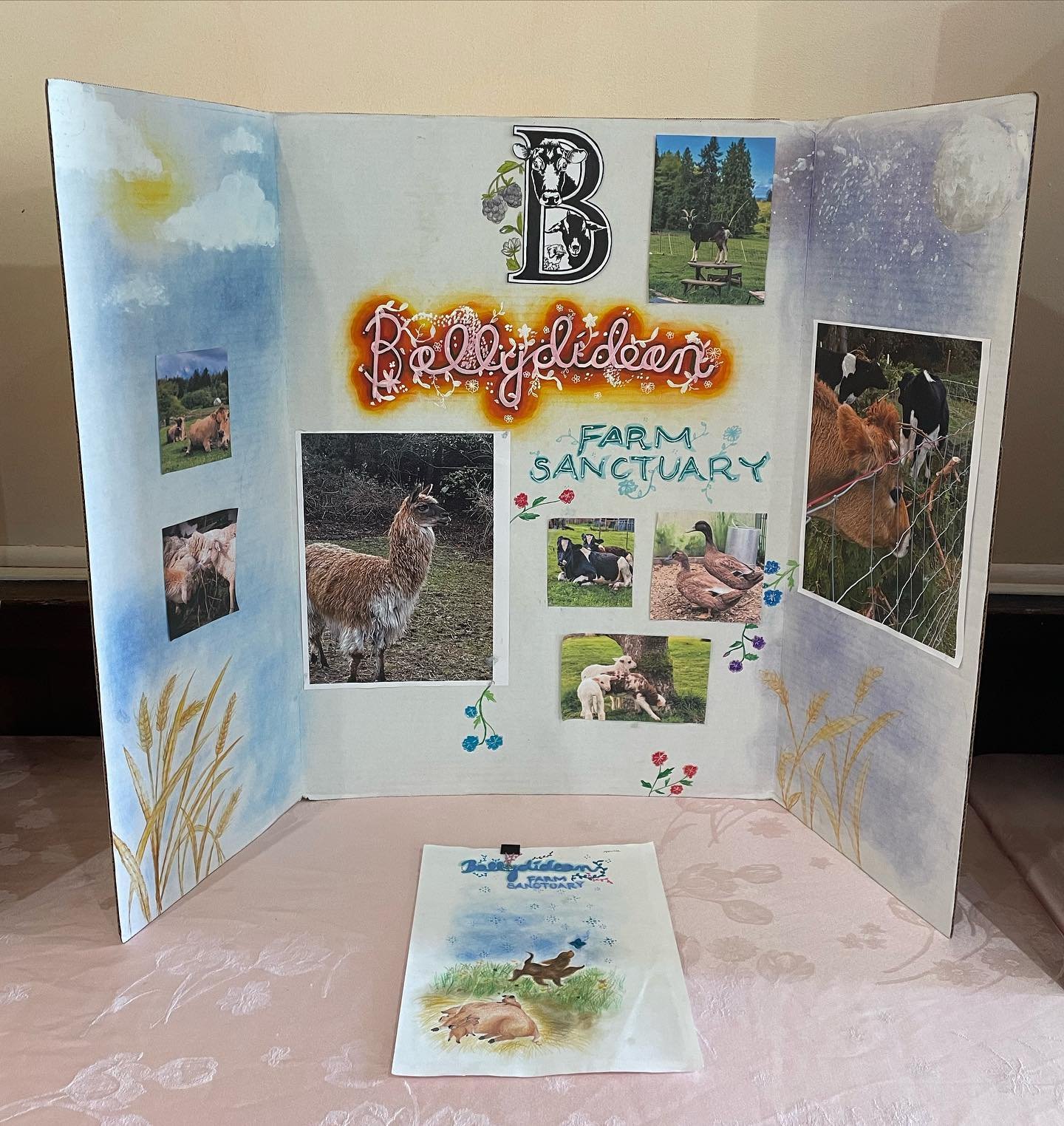Grade Eight
Grade Eight Learning Objectives
MAIN LESSON SKILLS
Analyzing Historical and Cultural Movements, Deepening Capacity for Judgment, Formalized Testing
LANGUAGE ARTS
Grammar and Composition, Creative Writing, Spelling, Reading, Report Writing, Original Business Writing, Note-Taking Skills, Researching, Newspaper Reporting, Drama, Epic-Dramatic Poetry, Literary Forms, Elements of Style, Shakespeare, Literature Analysis
LITERATURE & HISTORY
American History, Washington State History, Modern Events, Life and Work of Shakespeare, Folklore of the World, Industrial Revolution
MATHEMATICS
Number Bases, Pythagorean Theorem, Mensuration, Percentages and Growth, proportions, dimensional analysis, algebra.
WORLD GEOGRAPHY
Surveys of Landforms, Ocean Currents, Atmosphere, Climates
WORLD LANGUAGE
Japanese and Spanish (Conversational, Literature, Grammar and Vocabulary)
HANDWORK
Machine Sewing, Commercial Pattern Reading, Garment & Quilting Construction
PRACTICAL ARTS
Woodworking
MUSIC
Recorder, Singing, Orchestra, Band, Chorus (Elizabethan Song, Negro Spirituals)
PHYSICAL EDUCATION
Intramural team sports, movement class and cooperative movement games, Aikido
SCIENCES
Physics, Chemistry, Physiology, Geography
ART
Painting, Drawing, 3D Constructions (Platonic Solids), Clay Sculpture, and Other Media
In eighth grade at Bright Water Waldorf School, students deepen their understanding of the world and themselves. They take on more responsibility for their learning, with a focus on self-discovery through the "eighth grade project," which centers on community service. As they transition from childhood to adolescence, teachers guide them to develop independent thinking and critical reflection.
In Main Lesson, students explore the role of government by studying the American, French, and Russian revolutions, and examining economic systems, especially the Industrial Age and the lives of workers in the late 19th and early 20th centuries. They also learn about the physical, cultural, and economic aspects of Asia and Africa, gaining a broader perspective on the modern world.
Literature lessons include novels, biographies, short stories, and poetry, with an emphasis on dramatic and lyric styles. Students also practice public speaking and debate, refining their grammar, punctuation, and writing skills, especially for their eighth grade project and formal research reports.
In math, students expand on seventh grade concepts, studying signed numbers, binomials, and quadratic equations. They explore geometry by constructing Platonic Solids and working with three-dimensional figures.
Science lessons continue with hands-on experiments, focusing on human anatomy, organic chemistry, physics, and meteorology. Students explore the body's systems, chemistry, and the influence of the sun on Earth's climate, while reflecting on their own emotions and moods.
Practical skills are developed in woodwork and handwork, where students build wooden boxes and master the sewing machine.
By graduation, eighth graders at Bright Water Waldorf School have not only gained a strong academic foundation but also a deep sense of self and meaningful connections with their peers.
Subject Classes
Japanese
Students deepen their language skills in Japanese, focusing on grammar, vocabulary, sentence structure, and conversation. They also explore cultural aspects and practice writing and speaking in more complex ways.
Band or Strings Ensemble
In band or strings, students improve their musical abilities, learning advanced techniques, playing in ensemble groups, and performing a variety of musical styles.
Movement
Movement activities help students develop physical coordination, teamwork, and strategy. They participate in sports, games, and physical challenges that promote both individual and group skills.
Aikido
In Aikido, students continue to build discipline, focus, and self-awareness, learning how to control their bodies and emotions through martial arts practice.
Woodwork
Woodworking projects become more complex, with students creating items like wooden boxes. They develop skills in craftsmanship, precision, and problem-solving.
Handwork
Students work on sewing machine projects, creating practical or artistic items. This helps them build fine motor skills and learn the relationship between art and function.
Environmental Education
Students deepen their understanding of the natural world, studying sustainability and ecosystems, while engaging in practical activities like gardening or conservation.
Curriculum Trip
The eighth grade takes a week-long trip that includes outdoor activities and cultural exploration, offering students the chance to apply what they've learned and build independence.
By the end of the year, students are academically prepared and have grown personally through these diverse learning experiences.
